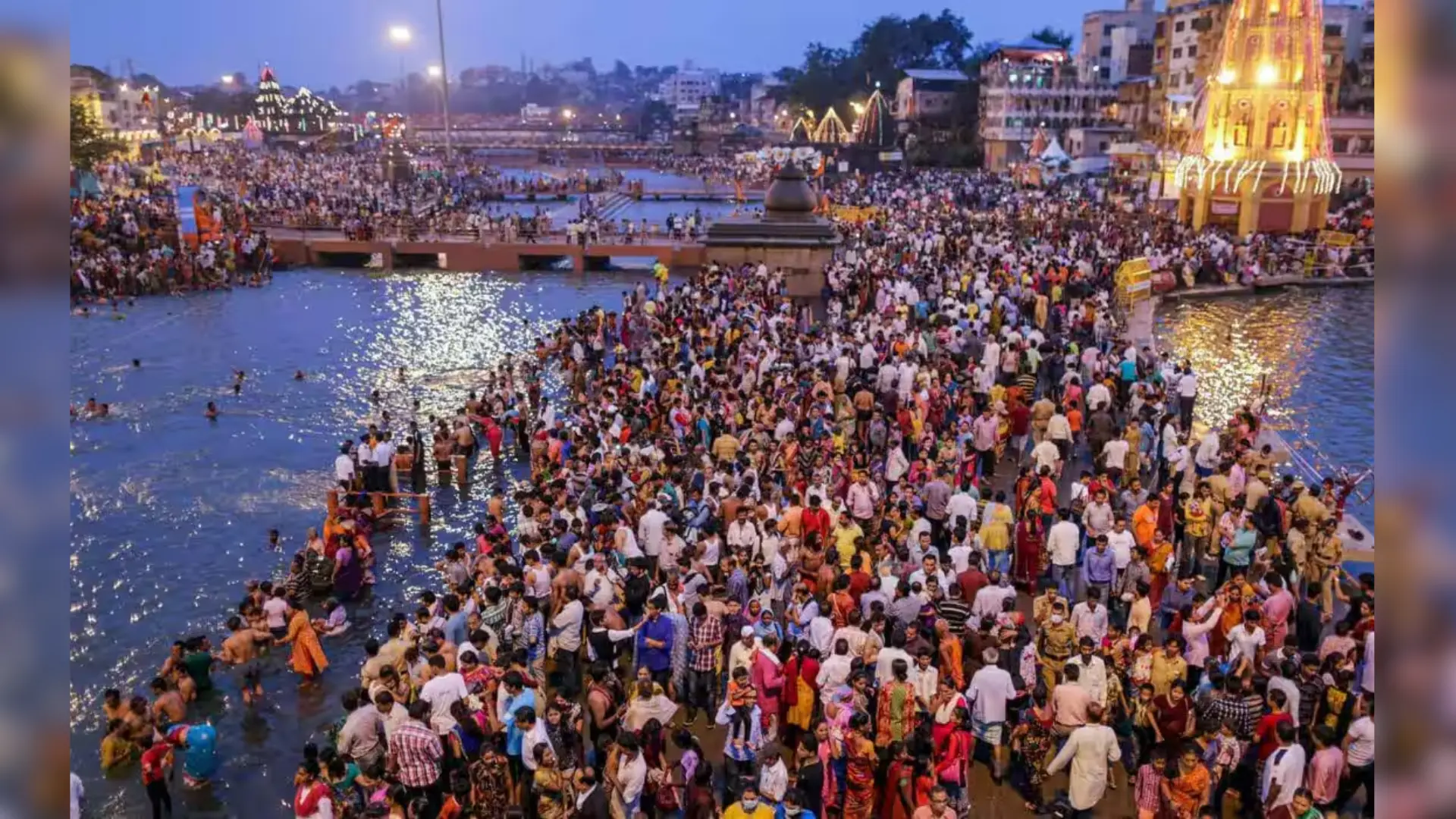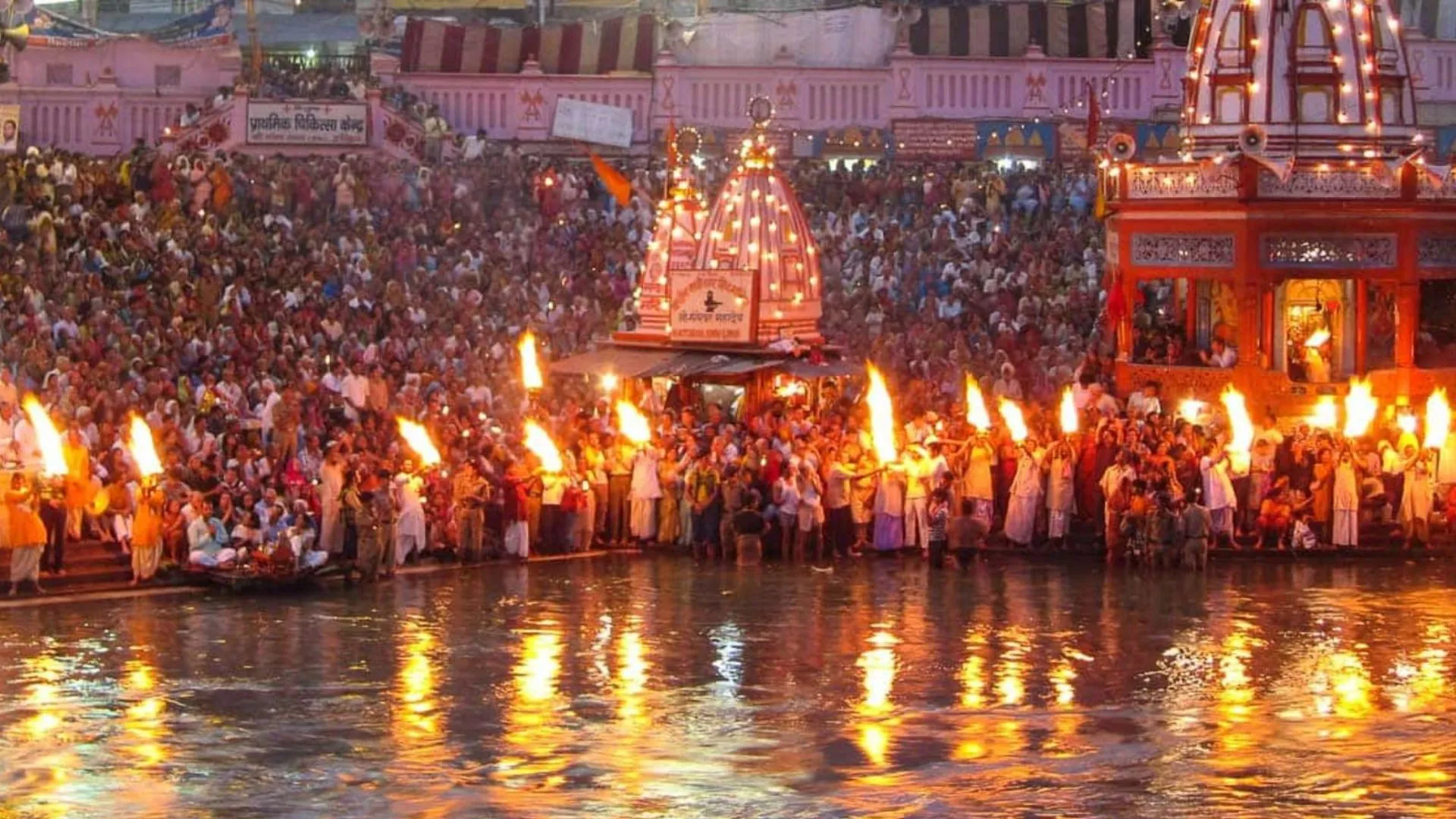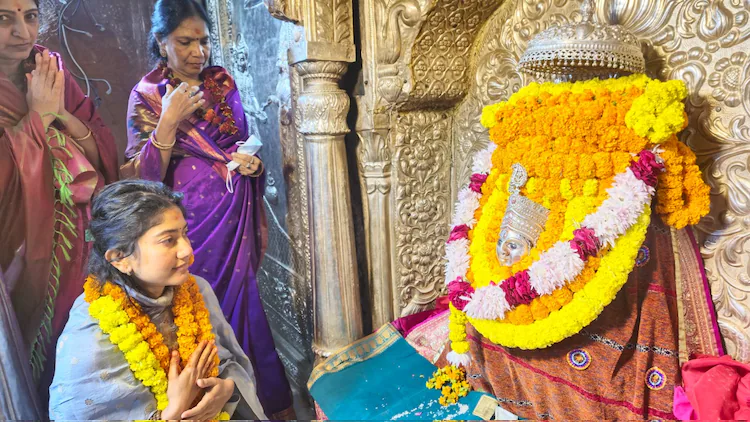Nagula Chavithi is an esteemed Hindu festival that resonates deeply with devotees, particularly in southern Indian states such as Andhra Pradesh, Telangana, and Karnataka. Primarily observed by married women, this festival is dedicated to the worship of the Serpent Gods, or Nag Devatas. It is a day for seeking blessings for the health and prosperity of children, reflecting a strong connection between spirituality and family welfare.
Nagula Chavithi 2024: Date and Timing
This year, Nagula Chavithi will take place on Tuesday, November 5, 2024. According to Drik Panchang, the auspicious timings for the rituals are as follows:
- Nagula Chavithi Puja Muhurat: 10:59 AM to 1:10 PM
- Duration: 2 hours and 11 minutes
- Chavithi Tithi Begins: 11:24 PM on November 4, 2024
- Chavithi Tithi Ends: 12:16 AM on November 6, 2024
Rituals of Nagula Chavithi
Devotees begin the day with an early bath and wear clean, traditional attire, preparing a puja area adorned with flowers, leaves, and colorful rangoli designs. The rituals typically involve fasting from dawn until dusk, during which married women pray for the well-being of their children.
Key components of the puja include chanting mantras and hymns directed at the serpent gods, and the central act of worship involves either live snakes or snake replicas. Offerings consist of milk, fruits, flowers, and vermilion, symbolizing respect and devotion. The rituals conclude with naivedya (food offerings) and tamboolam (a ritual involving betel leaves and nuts), alongside lighting lamps and performing aarti. In certain regions, women may tie sacred threads around the snakes as part of their prayers, reinforcing their hopes for divine protection. The fast concludes at sunset, followed by communal meals that celebrate togetherness.
Significance of Nagula Chavithi
Nagula Chavithi holds profound significance as a day dedicated to honoring and expressing gratitude to the Serpent Gods, embodying the reverence for nature that is a hallmark of Hindu culture. Snakes are often viewed as protectors of water sources and as symbols of health, fertility, and prosperity. This festival serves as a poignant reminder for devotees to seek protection from ailments and misfortunes, particularly for the well-being of children.
Celebrated chiefly in Andhra Pradesh and Karnataka, Nagula Chavithi also aligns with agricultural cycles, symbolizing prayers for the safeguarding of crops, livestock, and overall family welfare. As devotees engage in these time-honored rituals, they reaffirm their bond with tradition, nature, and the divine forces they believe influence their lives.


















